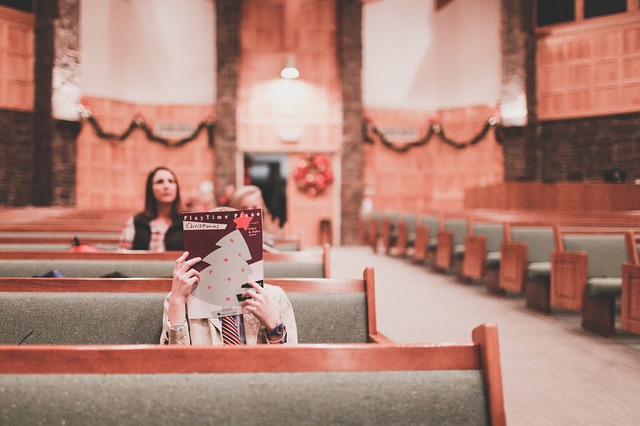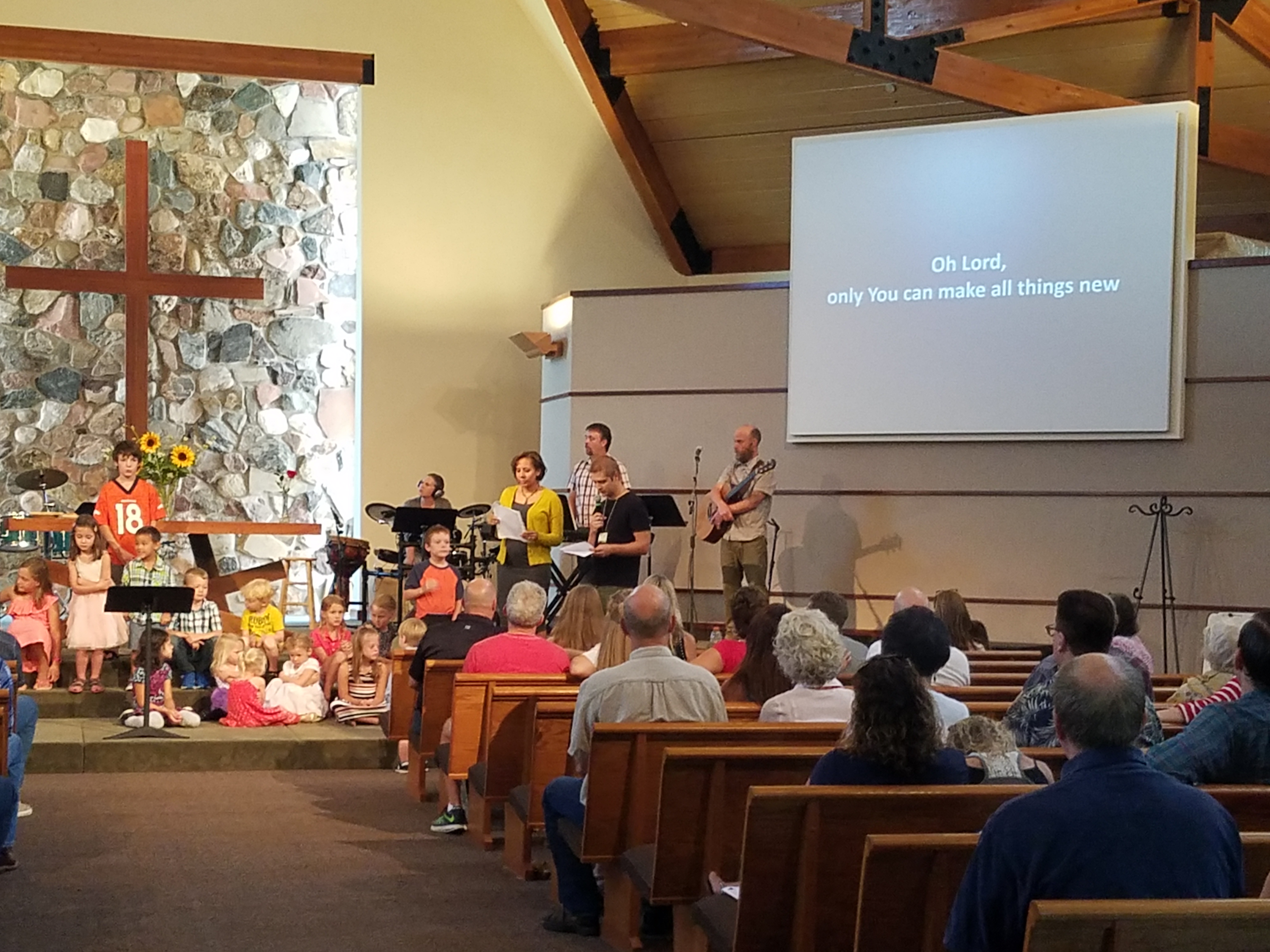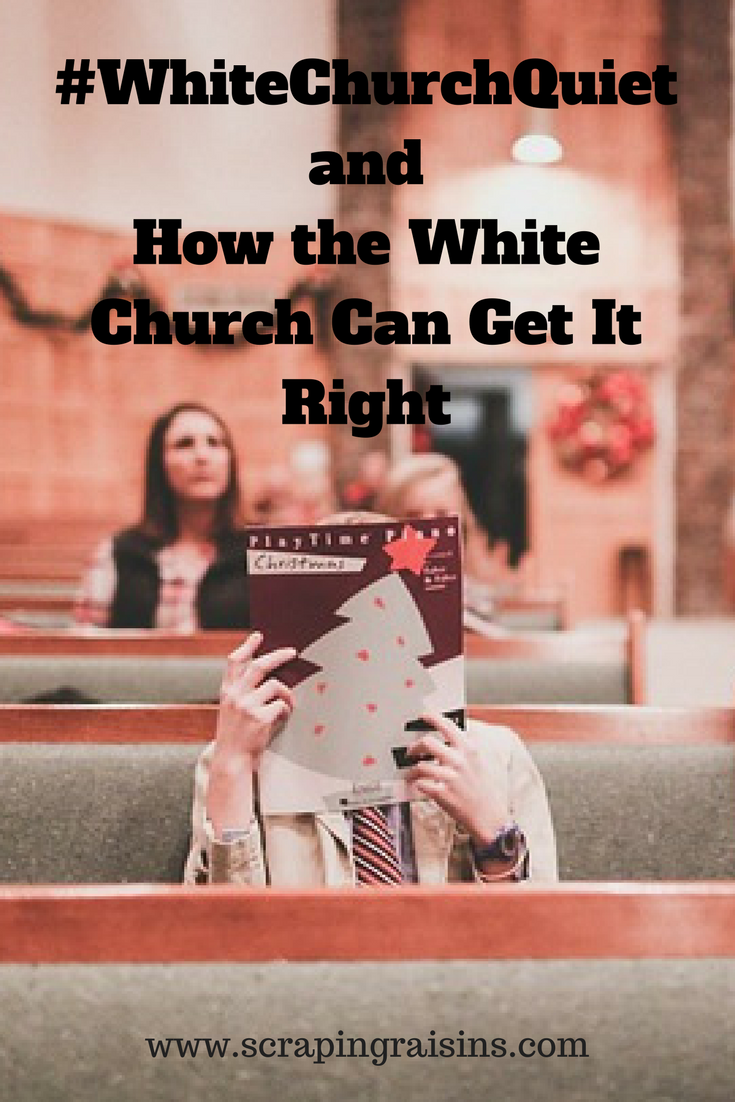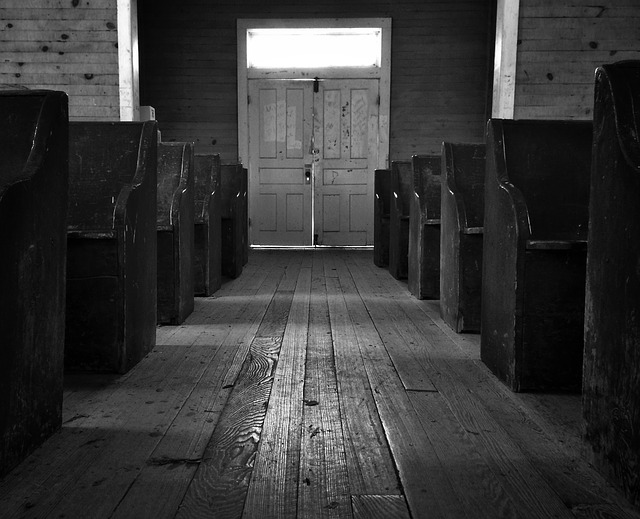
Wounded, the Body of Christ walks with a limp. In the United States, our black and brown brothers and sisters are suffering, so the evangelical church–the whole church–should ache with pain. Five generations of so-called freedom have not erased fifteen generations of slavery.
It’s time for the white evangelical church to notice.
I was stunned by these tweets from people of color in the wake of the election in November:
Yolanda Pierce @YNPierce Nov 8: White evangelicals: you’ve decisively proven that you love your whiteness more than you love your black & brown brothers & sisters in Christ.
Soong-Chan Rah @profrah Nov 9 White evangelicals, you could have stood up and said that following Christ and the body of Christ is greater, but you chose to pursue power.
M.DivA @sista_theology Nov 8: #ElectionNight taught me that white evangelicals will NOT be denied their privilege. They will trample the cross to hold onto it.
Leslie D. Callahan @fifthpastor Nov 8 By the way, white evangelicals I see you. I see your racism and sexism. I see your repudiation of the very values you said matter.
Nicole Chung @nicole_soojung Nov 8 This is white people. White people voting directly *against* their neighbors, their friends, some of their family. It’s a vote for violence.
Jamil Smith @JamilSmith Nov 8 Manhattan, NY I knew my country hated me. But this much?
Jemar Tisby, president of the Reformed African American Network told The Atlantic: “The vast majority of white evangelicals with whom I interact are on board and want to see a more racially diversified and unified church. However, when that same constituency overwhelmingly supports Donald Trump, I feel like they haven’t understood any of my concerns as a racial minority and an African American.”
Over the past year, God has taken a tiny fissure in my awareness and cracked it open into a growing knowledge of the pain experienced by people of color today. I’ve immersed myself in stories via podcasts, books and articles. I’ve intentionally followed as many people of color on social media as I can and sought out friends who are people of color.
Because of this newfound sight, I dreaded attending church the Sunday after the election. Instead, I downloaded sermons. Of the four sermons from white pastors, each spent two minutes talking about the election, only to carry on with their regularly scheduled programming.
But the sermons by black pastors I downloaded? Most scrapped their plans and devoted the entire service to preaching on the sovereignty of God in these uneasy times.
The fact that white pastors did not have to talk about race following the election is an indicator of the privilege inherent in white evangelical churches.
Ignoring the Ache
The western church loves to compartmentalize. We talk about “our ministry” and excuse ourselves from the table of other ministries we may not feel passionate about. But listening to a wounded brother or a sister in Christ and trying to love them better is not a ministry, it is a call for every Christ follower.
The Bible says if one member suffers, all suffer together and if one member is honored, all rejoice together (1 Corinthians 12:26 ESV). We are all connected, but as the white church continues to ignore the cries of our brothers and sisters, we become numb to their pain until we no longer feel the ache.
Advocating for the security, equality and respect of our brothers and sisters in Christ is not an option; it is a mandate from Jesus Himself.
True Jesus-followers
In Mark 12:28-31 “one of the scribes came up and heard them disputing with one another, and seeing that he answered them well, asked him, “Which commandment is the most important of all?” Jesus answered, “The most important is, ‘Hear, O Israel: The Lord our God, the Lord is one. And you shall love the Lord your God with all your heart and with all your soul and with all your mind and with all your strength.’
The second is this: ‘You shall love your neighbor as yourself.’ There is no other commandment greater than these.”
If we do not love our black and brown brothers and sisters–treating them with the same respect, attention and admiration as we expect to be treated–we cannot call ourselves lovers of Jesus.
I’ll be honest. I’m still grappling with my own latent and blatant racism. When I see several black men loitering around a gas station, without even thinking, I say, “This is a bad neighborhood.” I feel uncomfortable watching the TV show The Man in the High Castle where the Japanese have taken over the U.S. and white people are subservient to them. I expect I will be treated fairly if pulled over by police. I can live in a white bubble if I choose to. But the more I listen and learn, the more I realize we are far from living in a post-racial society.
I believe Jesus wants racial justice and radical change to begin with the church. The church is for healing, reconciliation, listening, learning, lament, growth and transformation. Yes, it is a place for studying the Bible, but many churches worship the letter of the law instead of worshipping Jesus. We dole out the minimum amount of love in order to achieve the maximum amount of comfort.
The Heidelberg Catechism asks: “Is it enough that we do not murder our neighbor in such a way?”
The answer is profound:
“No. By condemning envy, hatred, and anger God wants us to love our neighbors as ourselves,1 to be patient, peace-loving, gentle, merciful, and friendly toward them,2 to protect them from harm as much as we can, and to do good even to our enemies.3
Are we protecting our brothers and sisters of color from harm as much as we can?
The church should be the place where people of color feel the absolute safest. It should be a place where we can delight over our differences because we each reflect a facet of the Imago Dei. It should be a stunning picture of heaven on earth.
But it is not. Right now, people of color do not feel safe with their white sisters and brothers in Christ—and that’s a problem for the entire church, not just the few who feel “called to racial justice.”
Many young people are walking away from the church, longing to shed the baggage the term “evangelical” now carries. The white American church is in danger of becoming so irrelevant, self-absorbed and legalistic it will continue to lose members of the congregation who recognize society as doing more to help people than the church is. It’s time for the church to wake up.
So what do we do?
Mostly, we shut up and listen. At first, at least. Michelle Higgins says, “Without humility, there is no solidarity.” We first take the posture of a learner.
We can seek further education individually or as groups. We form book clubs, start prayer groups or attend conferences. We find friends who look different from us. We partner with black churches to meet for meals, holidays or special services. Church leaders can prioritize having people of color on staff and on stage, regularly listening to their heart and voice.
I believe a movement is stirring.
African American sister Latasha Morrison is the founder of Be the Bridge to Racial Unity, a group that focuses on bridging racial divides. It grew from 900 members in July of 2016 to 10,000 members in February of 2017. After the election, Latasha tweeted:
Tasha @LatashaMorrison Nov 16 many POC have been disheartened at the looking away of many White evangelicals. I’m encouraged by those choosing to stand. #bethebridge
White people are beginning to “get woke.”
Nothing New for POC
Our country is spinning wildly and church itself is a dizzying experience. It’s tempting to walk away. But ironically, the greatest solace I’ve found is from my sisters and brothers who are people of color. Why? Because this is not the first time many of them have felt out of control, afraid or had their voices suppressed. These tweets testify to this:
Broderick Greer @BroderickGreer Nov 16 For some of us, the terror began long before Trump’s rise.
Broderick Greer @BroderickGreer Nov 16 And so, this feeling of insecurity isn’t new, it’s just more pronounced.
The Sunday after election day, African American Pastor Eric Mason of Epiphany Fellowship shared a sermon entitled “In God We Trust.” In it, he acknowledged that “there wasn’t a divide made, there was a divide that existed prior to this election. It just exposed this divide.” He said, “Sometimes you need for something to happen on earth so that you can look up to heaven.” And “There is nothing that sneaks past the fingers of the King of Kings and the Lord of Lords.”
He described November 9th like this: “The clouds were still there. I still had mobility in my limbs. I was able to breathe. I blinked my eyes and I looked … and I said, ‘Hold on, you mean to tell me that this election didn’t stop the universe from being held in its place?’”
He continued, “This election did not move anything.”
Yes, God is in control, but the white evangelical church still has work to do. We need to open our eyes and acknowledge that all is not as it should be. In an age where truth is seen as “alternative fact,” we must advance toward, not away from each other. We are not whole until we suffer together.
White church, it’s time to wake up.
***
1 Matt. 7:12; 22:39; Rom. 12:10
2 Matt. 5:3-12; Luke 6:36; Rom. 12:10, 18; Gal. 6:1-2; Eph. 4:2; Col. 3:12; 1 Pet. 3:8
3 Ex. 23:4-5; Matt. 5:44-45; Rom. 12:20-21 (Prov. 25:21-22)
Be sure to sign up for email updates, because you don’t want to miss this:

Beginning March 1st, I will be sharing a series called 31 Days of #Woke. I’ll be doing some personal excavating of views of race I’ve developed through being in schools that were under court order to be integrated, teaching in an all black school as well as in diverse classrooms in Chicago and my experiences of whiteness living in Uganda and China. I’ll also have some people of color share their views and experiences of race in the United States (I still have some open spots, so contact me if you are a person of color who wants to share). So check back and join in the conversation. You are welcome in this space.
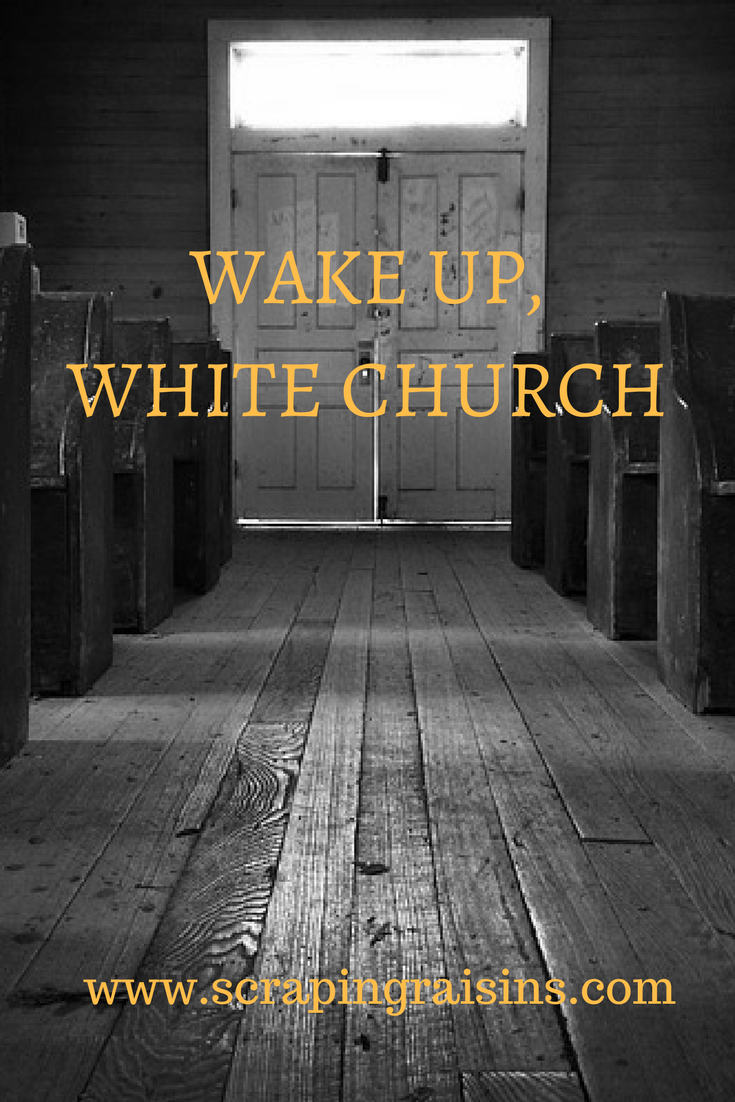

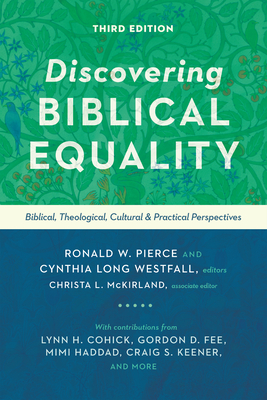

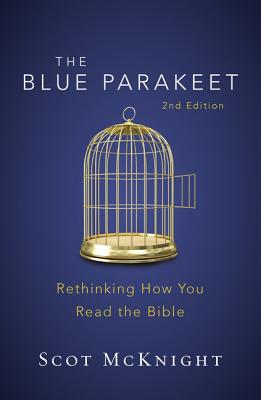
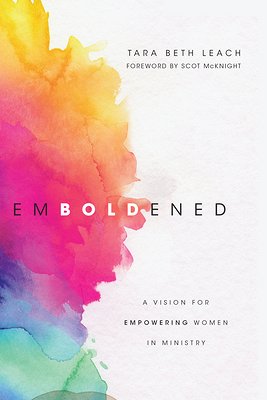
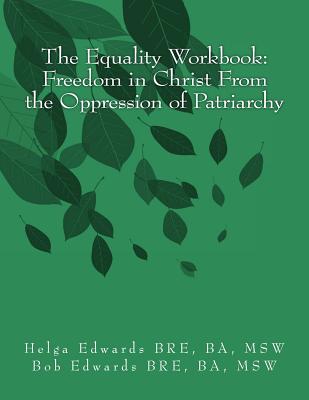
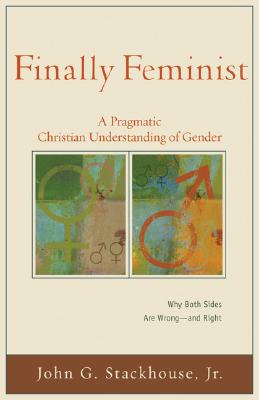
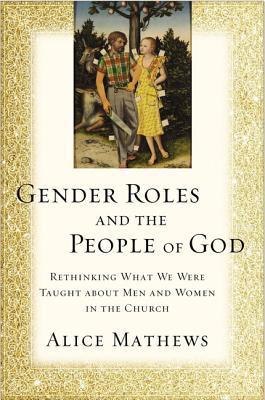
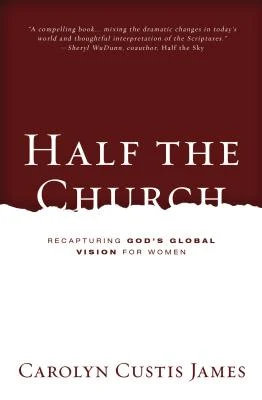
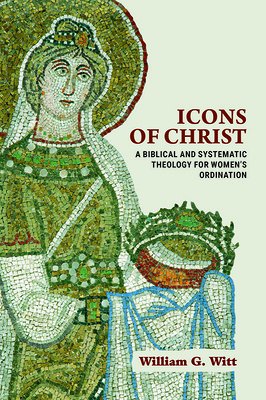
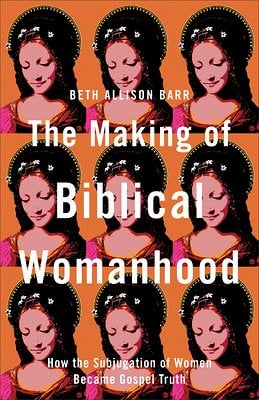
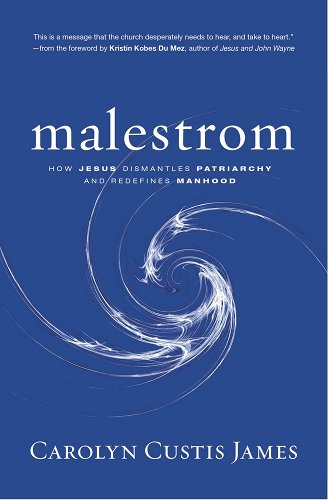
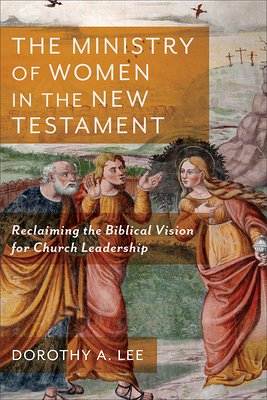
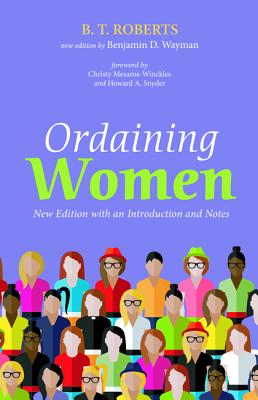
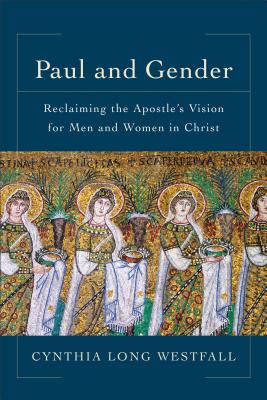
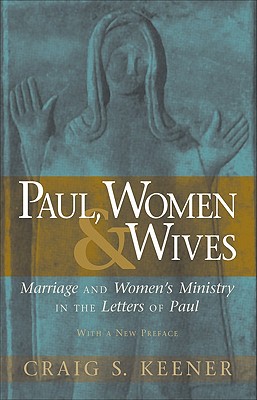
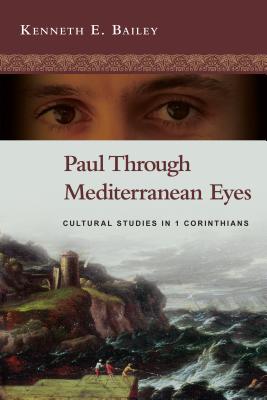
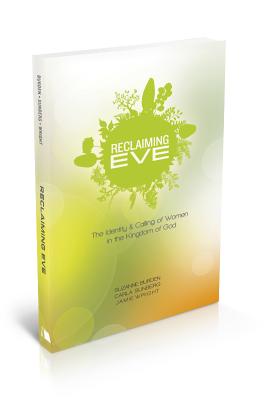
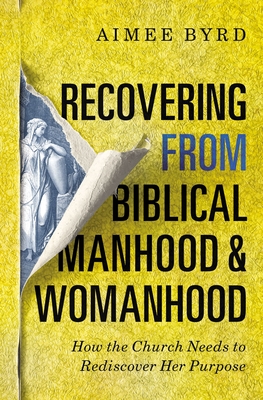
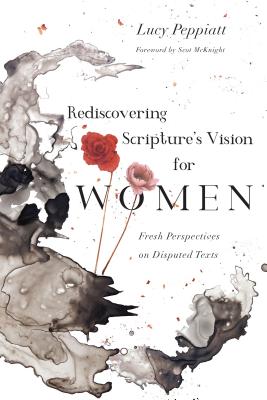
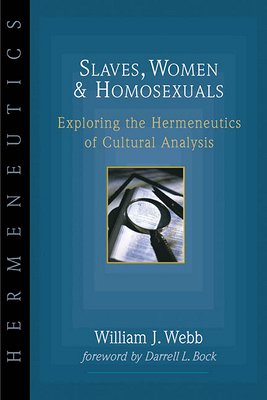
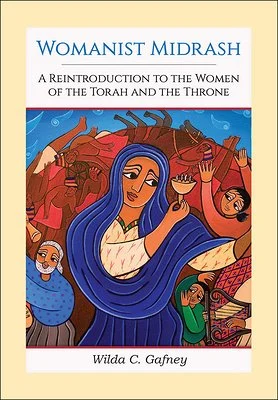
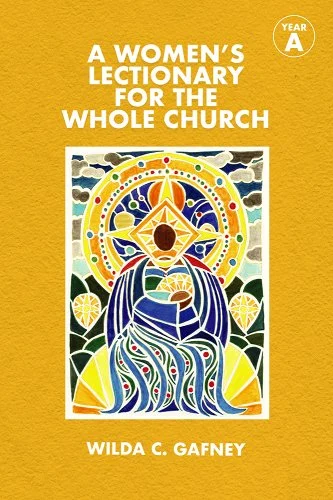
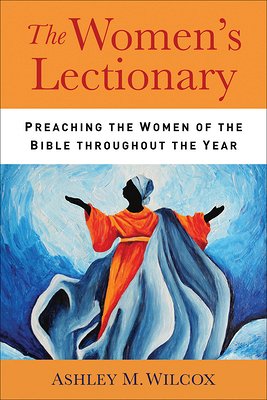



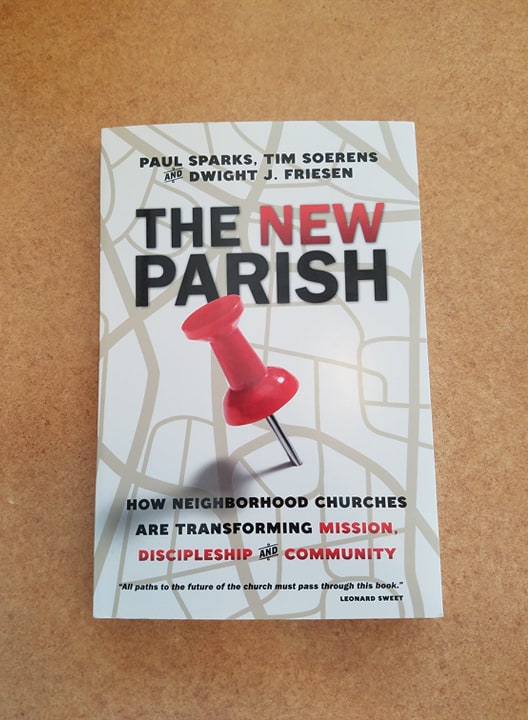
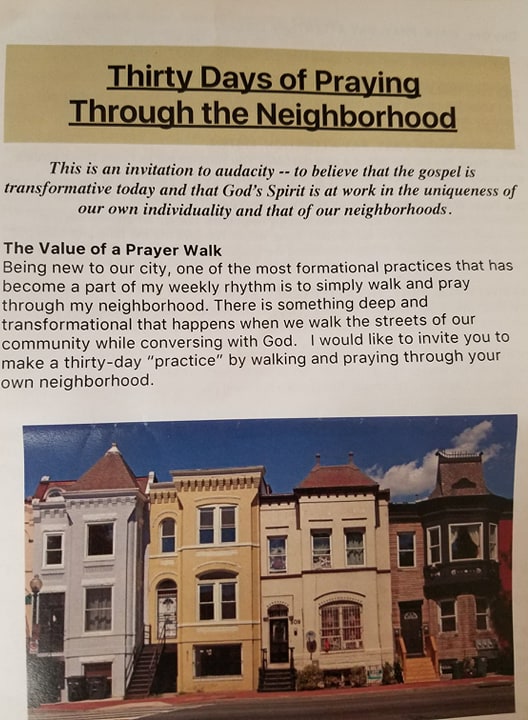
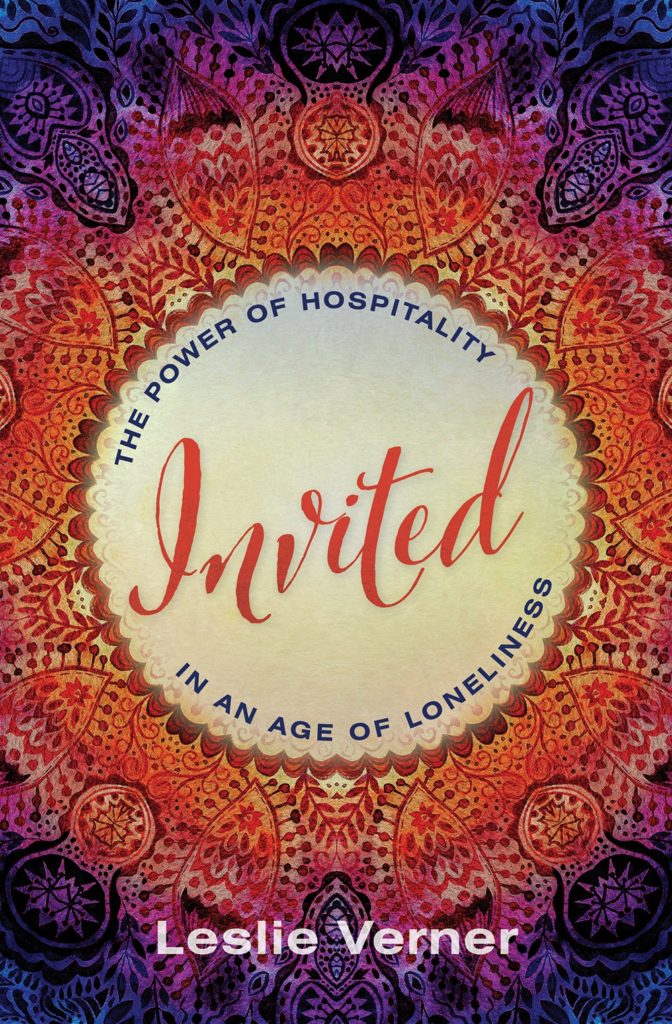
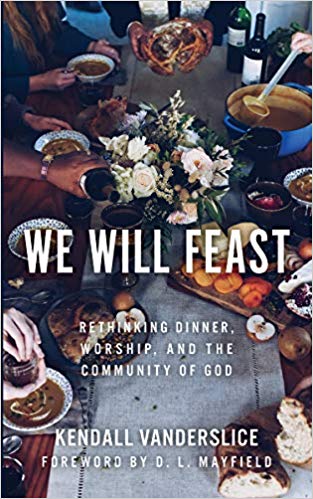





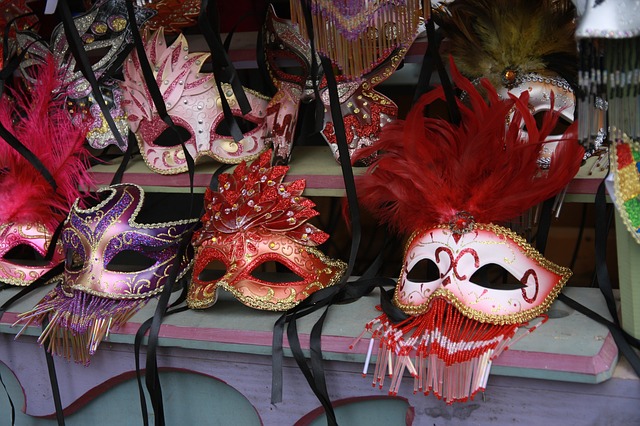
 Despite a deep desire to belong, Nicole Woo often finds life nudging her to the margins. She’s been the only girl on the team, the only public speaking teacher afraid of public speaking, the only Caucasian in the extended family photo, and the only mom who lets her kids drink Fanta. She calls the Rockies home, often pretending to be a Colorado native in spite of her flatland origins. Visit her blog at
Despite a deep desire to belong, Nicole Woo often finds life nudging her to the margins. She’s been the only girl on the team, the only public speaking teacher afraid of public speaking, the only Caucasian in the extended family photo, and the only mom who lets her kids drink Fanta. She calls the Rockies home, often pretending to be a Colorado native in spite of her flatland origins. Visit her blog at 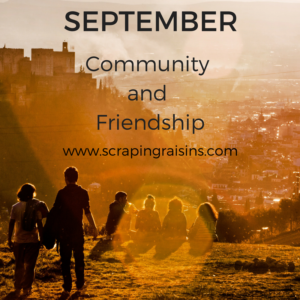 This month on Scraping Raisins we are talking about Friendship and Community. Be sure and subscribe to my newsletter or follow on social media so you don’t miss a post!
This month on Scraping Raisins we are talking about Friendship and Community. Be sure and subscribe to my newsletter or follow on social media so you don’t miss a post!